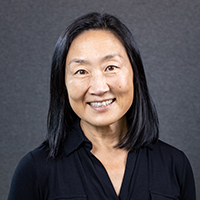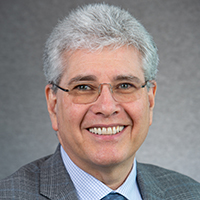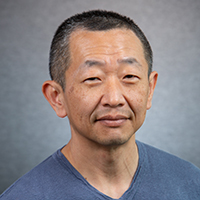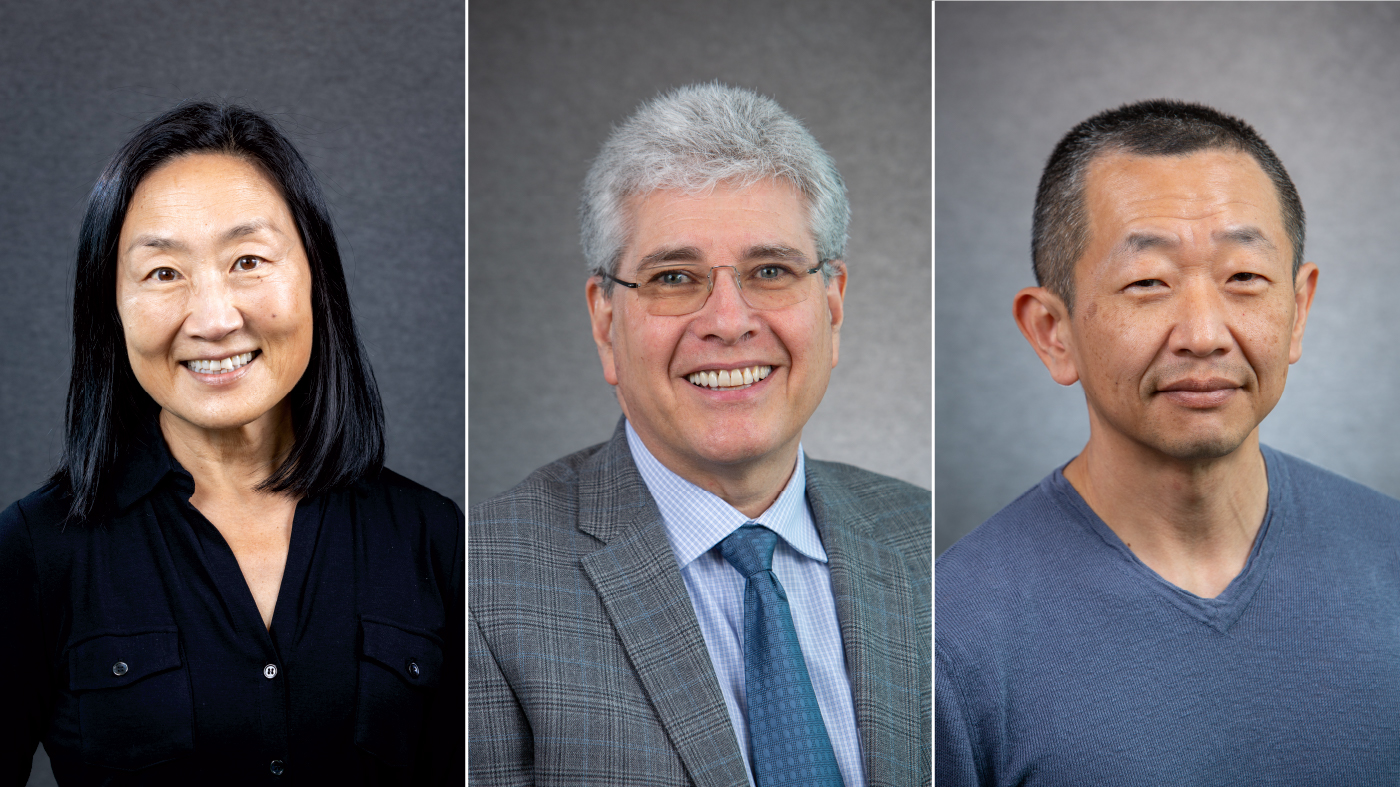Three faculty members who have collectively spent decades at Seattle University School of Law have stepped down at the end of the 2023-24 academic year. Two professors — Lily Kahng and Gregory Silverman — retired and received emeriti status, while Professor Robert Chang is leaving to accept a position at another law school.
“The entire Seattle U Law community is extremely grateful for the lasting contributions of Professors Kahng, Silverman, and Chang. Each of them has left indelible marks as extraordinary teachers, scholars, colleagues, innovators, and advocates, not only on our law school, but on the legal academy and the practice of law. We wish them well as they pursue the next chapters of their lives,” said Dean Anthony E. Varona.
Professor Lily Kahng

Kahng retired after spending 23 years at the law school. A nationally-recognized expert in tax law, she has taught courses on federal income taxation, corporate taxation, partnership taxation, and tax policy, among others. Her research interests include taxation of women and families, tax administration, comparative tax, and critical tax theory. She was drawn to tax law because of how pervasive it is in society, touching most every aspect of peoples’ lives.
“This law school has felt like my home. I have felt so welcomed and supported. I will definitely miss the students. I so appreciated all of the enthusiasm and energy and optimism that they bring. I really feel like it has been a joy and a privilege to teach them,” Kahng said.
She added that she is most proud of her students. “I feel like I’ve been able to open their eyes to this one area of law that most of them are scared of, intimidated by, or not particularly drawn to.”
Before joining Seattle University faculty in 2001, she was an associate professor at Cornell Law School and served as an attorney advisor in the Office of Tax Legislative Counsel in the U.S. Department of the Treasury. From 1991-93, she was an acting assistant professor at New York University Law School. She began her legal career in as an associate at the New York law firm of Simpson Thacher & Bartlett, and then was a vice president of mergers and acquisitions at the investment bank of Salomon Brothers, New York.
In retirement, she plans to stay in Seattle and pursue a variety of volunteer opportunities with area nonprofits.
Associate Professor Gregory Silverman

Silverman, an enrolled member of the Mohegan Tribe of Indians of Connecticut, also retired after a long career at Seattle U Law. He joined the faculty in 1999 and became faculty director of the Center for Indian Law and Policy (CILP) in 2014.
An expert on federal Indian law, electronic commerce, intellectual property, and property, Silverman has taught courses on property law, tribal law, intellectual property, the law of trade secrets, video game law, and the law of electronic commerce, among others.
“I’ve appreciated the guidance and mentorship that Professor Silverman has provided to me, the Center for Indian Law and Policy, and our law students over the many years,” said Brooke Pinkham, staff director of CILP. “He has always been a strong advocate for our students interested in and pursuing a career in Indian law. He will be missed, but his legacy will remain as an early leader and cultivator of the Indian Law Program at Seattle U Law.”
In addition to serving as a professor at Seattle U Law for 25 years, Silverman has been an active tribal judge sitting as an appellate justice on tribal courts throughout the Pacific Northwest with the Northwest Intertribal Court System. Two judicial opinions authored by Silverman have been included in the leading casebook on American Indian tribal law.
Prior to beginning a career in legal academia, Silverman practiced law in Massachusetts with a focus on land use, fisheries, and environmental law. During this period, Silverman was appointed as the commissioner for the Town of Falmouth and ultimately became chair of the Cape Cod Commission, a land use and regulatory agency created by the Massachusetts State Legislature that has been showcased by the United Nations as a model for government land use planning and management in a democracy.
Silverman has also been a Guest Investigator at the Marine Policy Center of the Woods Hole Oceanographic Institution, a Bigelow Fellow at the University of Chicago, a recipient of the Max Rheinstein Research Fellowship in Law of the Alexander von Humboldt Foundation, and a visiting legal scholar for two years at the Universität Erlangen-Nürnberg in Germany.
In retirement, Silverman will reside in France with his wife.
Professor Robert Chang

Chang, who founded and serves as executive director of the Fred T. Korematsu Center for Law and Equality, has accepted a position with the University of California, Irvine School of Law.
Fifteen years ago, Chang created the Korematsu Center, named for the pioneering civil rights hero, to use research, advocacy, and education to advance justice and equality in Washington state and across the nation. Throughout his career, he has been a national leader in combatting discrimination and championing efforts to achieve social justice.
Chang is a nationally acclaimed expert in several legal areas, including Asian Americans and the law and critical race theory. In addition to authoring two books, with two additional books forthcoming later this year and early next year, Chang has published numerous articles in law reviews and journals.
An elected member of the American Law Institute, Chang has received numerous recognitions for his scholarship and service. This year, he is the recipient of the King County Bar Association Friend of the Legal Profession Award, and the Korean American Bar Association named him its Mentor of the Year. He will also be receiving the President’s Award from the Asian Bar Association of Washington and the 2024 Justice Charles Z. Smith Excellence in Diversity APEX Award from the Washington State Bar Association. In 2021, ACLU-Washington named him as co-recipient of the Kathleen Taylor Civil Libertarian Award for his role as co-counsel representing Black Lives Matter Seattle-King County in its lawsuit against the City of Seattle for its use of force against people protesting police brutality following the murder of George Floyd.
In 2018, the Society of American Law Teachers recognized Chang with the M. Shanara Gilbert Human Rights Award for his work as co-counsel in taking to trial, successfully, a constitutional challenge to the enactment and enforcement of a facially neutral law that was used to terminate the Mexican American Studies Program at the Tucson Unified School District.
For his work in Washington, he was a co-recipient of the 2014 Charles A. Goldmark Distinguished Service Award from the Legal Foundation of Washington in recognition of his leadership role in a statewide task force on race and the criminal justice system.

